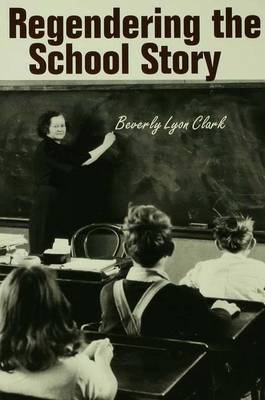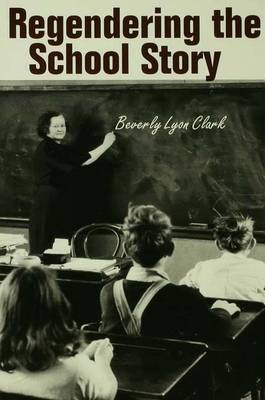
- Afhalen na 1 uur in een winkel met voorraad
- Gratis thuislevering in België vanaf € 30
- Ruim aanbod met 7 miljoen producten
- Afhalen na 1 uur in een winkel met voorraad
- Gratis thuislevering in België vanaf € 30
- Ruim aanbod met 7 miljoen producten
Omschrijving
In 18th through 20th-century British and American literature, school stories always play out the power relationships between adult and child. They also play out gender relationships, especially when females are excluded, although most histories of the genre ignore the unusual novels that probe the gendering of school stories. When the occasional man wrote about girls schools-as Charles Lamb and H. G. Wells did-he sometimes empowered his female characters, granting them freedoms that he had experienced at school.
Women who wrote about boys' schools often gave unusual emphasis to families, and at times, revealed the contradictions in the schoolyard code against telling tales or presented competing versions of masculinity, such as the Christian gentleman versus the self-made man. Sometimes these middle-class white women projected their sense of estrangement onto working class and minority women. Sometimes they wrote school stories that were in dialog with other genres, as when Mrs. Henry Wood wrote a sensation story or, like Louisa May Alcott, they domesticated the boys school story, giving prominence to a female viewpoint.
Specificaties
Betrokkenen
- Auteur(s):
- Uitgeverij:
Inhoud
- Aantal bladzijden:
- 298
- Taal:
- Engels
- Reeks:
Eigenschappen
- Productcode (EAN):
- 9780815321163
- Verschijningsdatum:
- 1/08/1996
- Uitvoering:
- Hardcover
- Formaat:
- Genaaid
- Afmetingen:
- 149 mm x 225 mm
- Gewicht:
- 498 g

Alleen bij Standaard Boekhandel
Beoordelingen
We publiceren alleen reviews die voldoen aan de voorwaarden voor reviews. Bekijk onze voorwaarden voor reviews.











